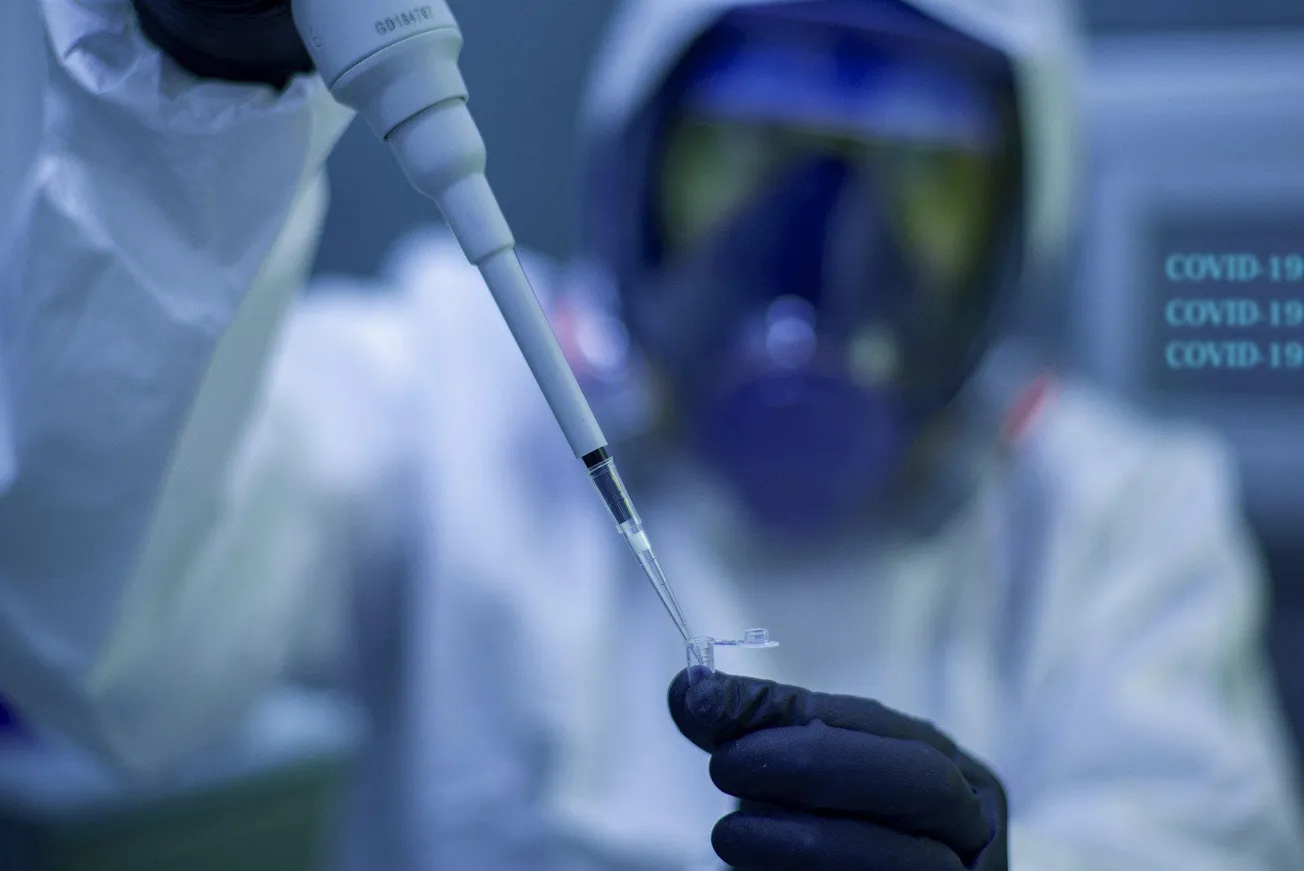All nine Heads of State of the Commonwealth of Independent States were present in St. Petersburg today for their annual “informal summit,” the first time since COVID that they met in person. The CIS was formed by nine nations which had been part of the Soviet Union before it disintegrated in 1991: Russia, Belarus, Azerbaijan, Armenia, and the Central Asian nations of Kazakhstan, the Kyrgyz Republic, Tajikistan, Turkmenistan, and Uzbekistan.
Putin greeted his fellow heads of state, commenting on the 30 years of their countries’ independence. The CIS has allowed their nations, once joined together, to maintain and develop needed economic and security ties on “an entirely new foundation,” Putin said. Through the CIS, “common infrastructure facilities, common businesses that work as partners, chains of creating added value with a high level of cooperation” from that earlier time have been preserved and developed, but on a “completely new base.”
The crisis in Afghanistan was to be one of their topics, but common efforts to counter the coronavirus pandemic was the first topic taken up. The economic and scientific links maintained through the CIS have helped us to get through the hard times of the pandemic, Putin said. “Our colleagues engage in extensive, practical cooperation every day. This applies to joint scientific activities, the development of medications and preventive drugs, as well as exchanges of test kits and means of overcoming this disease.
Russia’s Chief Sanitary Physician, Anna Popova, was asked to kick off the discussions with a presentation on current and needed plans for cooperation to ensure epidemiological stability and biological safety in the CIS countries.
“Considering the proximity of our states, the commonality of epidemic threats and the level of integration, one of our key tasks is to build a unified system for epidemic response and relief,” Popova stated at the outset, before describing various projects and innovations already underway. She argued that “the pandemic has shown the inefficiency of the Western practices of decentralizing public health services and dismantling laboratory networks.” The CIS, instead, should cooperate to “form a single `sanitary shield’ across the CIS; this is practically being carried out already, including joint research projects, personnel training and efforts to provide laboratories with equipment,” an effort, she specified, which “requires developed and self-sufficient infrastructure, including laboratories, research centers and sanitary and quarantine checkpoints created to uniform standards.”



